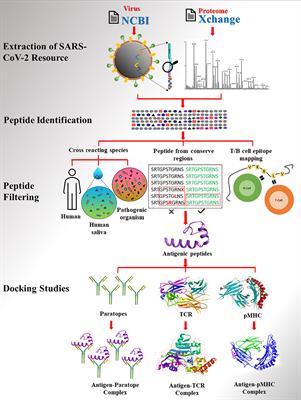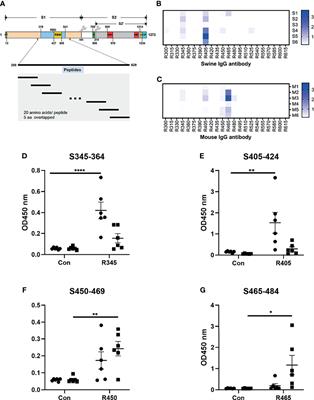EDITORIAL
Published on 22 Apr 2022
Editorial: Research, Development and Clinical Trials for Peptide-Based Vaccines
doi 10.3389/fimmu.2022.894989
- 1,714 views
- 4 citations
20k
Total downloads
79k
Total views and downloads
EDITORIAL
Published on 22 Apr 2022
ORIGINAL RESEARCH
Published on 14 Mar 2022

ORIGINAL RESEARCH
Published on 13 Jan 2022

ORIGINAL RESEARCH
Published on 11 Nov 2021

ORIGINAL RESEARCH
Published on 30 Sep 2021

ORIGINAL RESEARCH
Published on 29 Sep 2021

ORIGINAL RESEARCH
Published on 24 Sep 2021

ORIGINAL RESEARCH
Published on 21 Sep 2021

CLINICAL TRIAL
Published on 13 Aug 2021

ORIGINAL RESEARCH
Published on 01 Jul 2021

REVIEW
Published on 30 Jun 2021

ORIGINAL RESEARCH
Published on 26 Apr 2021
